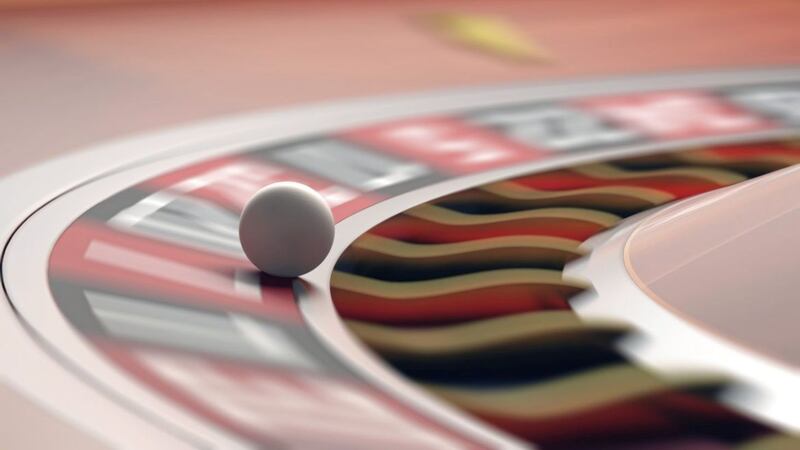BELFAST'S latest entertainment business will not open until December but already it is earning valuable headlines.
"Disrespectful and in bad taste" was how one newspaper reported the arrival of Timescape, whose "live escape room experience" will include a Titanic-themed game.
There will be three rooms at the facility on Castle Street, in the city centre, where teams of up to six people must solve a puzzle within an hour to 'escape'.
The Titanic room will be permanent while the others will change annually, with science fiction and murder mystery themes.
In other words, it is The Crystal Maze for stag parties - and good luck to it. Belfast's many stag and hen visitors will now have something else to do apart from cycling around on beer bikes waiting for nightclubs to - briefly - open.
Timescape might seem like a niche business but it heralds a shift to what is called 'the experience economy'.
That term was coined by Harvard economists almost 20 years ago and has drifted in and out of fashion ever since but a landmark in its development occurred this year, when statistics showed a split in how the UK was coming out of recession.
Consumer spending in pubs, restaurants, theatres and cinemas shot up by a fifth, while spending in shops continued its steady long-term decline.
Retailers have stopped blaming this entirely on the internet, noting that spending on goods in general has stalled.
"In the West we have probably hit peak stuff," an Ikea executive told a Guardian conference last year.
Instead of buying stuff, people are devoting more of their disposable income to doing stuff.
What makes Timescape interesting is it suggests we have also hit 'peak doing' on many conventional activities.
There is only so much coffee, food and alcohol a city the size of Belfast can consume, no matter how novel an experience is offered.
The internet is a mixed blessing to traditional entertainment - it has boosted live music by destroying record sales, for example, while damaging cinema through legal and illegal downloads.
The closure of Belfast's Dublin Road multi-screen, announced in January, strikes people my age as unthinkable - it and bowling were the only sober activities in the Belfast of our youth.
Yet the experience economy gives cinema a future - people are flocking to the Odyssey's 'VIP screenings', with their reclining seats and private lounge.
This shows the difference between an experience and a service.
The service economy tends towards mass-market sameness - chain stores, franchises, Hollywood movies screened all over the world.
Selling an experience means staying different or at least special, and therefore probably quite small.
There may never be more than one Timescape in Belfast but there could be a lot more things like it, and its location looks like a bridgehead into the city centre.
Northern Ireland already has quite a few experience economy businesses but they have been focused on outdoor activities, or have required the sort of large indoor spaces found in industrial estates - for paintball or kart-racing, for instance.
Opening the middle of Belfast up to new kinds of entertainment will be a challenge for architects and planners.
The huge Royal Exchange redevelopment scheme is going through an increasingly rapid cycle of revisions but all still assume the future is shopping, although that must be in serious doubt.
Then there is the political challenge. Headlines about 'bad taste' reveal what a conservative society we are and how everyone feels ownership of the city centre and what goes on in it.
At Belfast City Council and in parts of Stormont, the unionist religiosity that restricted entertainment businesses for so long has been replaced by a nanny-state nationalism that is no better - it still closes the bars at 1am.
To be fair, some nannying is necessary. The fallback industries of the experience economy are sex and gambling. Do we want the sleazy 'entertainment districts' seen in other European cities?
Lobbying for a casino in Belfast, along with a change in the law to allow it, took place from 2013 until shot down by a DUP minister a year later.
Casinos will inevitably be proposed again and again, no doubt with promises of being upmarket, catering to cruise ship passengers and so on.
Cities all over the world have been tormented by this decision.
At least Belfast is big enough, with enough visitors, to have prospects and options.
As the economy changes, every other town centre in Northern Ireland may find there is no escape.
newton@irishnews.com








